

Now that summer is in its last hurrah, you may be more focused on sweater weather than on using your sunscreen for scars. Though it may be tempting to slack off on the sun protection routine, we beg you, think twice before retiring your sunscreen supply until next pool season. You’ve heard it before but it bears repeating: Sunscreen must be part of your routine every day of the year in order to effectively lessen the risk of developing skin cancer and protect your skin from signs of aging like dark spots, wrinkles, rough texture and fine lines. It’s good advice for anyone to follow, but if you have scars, you should be extra-diligent about covering them with sunscreen of at least SPF 30 before going outside. Yep, that means every day, regardless of how sunny or cloudy the sky looks and whether you’re headed to the beach or straight to an office.
In theory, you’re probably on board with how vital it is to use sunscreen for scars, but we know that making it a non-negotiable part of your skincare routine can be a challenge. Even with the best intentions, we’re all sometimes guilty of “forgetting” or simply being too rushed to apply sunscreen. Though there are many possible excuses for skipping the daily sunscreen, for many of us the resistance stems from SPF products that range from the thick, sticky, and difficult to blend creams to the white or greasy sunscreen lotions that simply don’t play well with makeup. Fortunately, it seems our complaints have been heard. Health and beauty companies are responding to our preference for scar sunscreen that feels and acts like skincare, and for multi-tasking makeup loaded with SPF to make it far more convenient and user-friendly. So, now that we’ve run out of excuses, let’s check the list of what to look for in SPF protection and how to find the best sunscreen for scars.
What The Experts Say About Sunscreen for Scars
Scars are sensitive by nature, especially for the first year, and are more affected by sunlight than the healthy skin surrounding it. Translation: if you don’t cover it with sunscreen, the scar tissue is likely to turn darker than the skin around it, and this hyperpigmentation may last permanently. Protecting your scar from UV rays increases the chance that it will blend in with the rest of your skin once it has completely healed.
Since scar discolouration during healing can make the difference between a scar that’s barely noticeable and one that stands out, it’s not surprising that many dermatologists stress the importance of sunscreen to improve the appearance of scars and prevent scar discolouration. According to this news release on tips to reducing scars, https://www.aad.org/media/news-releases/dermatologists-share-tips-for-reducing-scars, The American Academy of Dermatologists recommends regular use of a broad-spectrum sunscreen with an SPF of 30 or higher on a wound after it has healed. With regular use, sunscreen may help reduce red or brown discolouration and help the scar fade faster. Reapplication is the key to effective sunscreen for scars and should be done at least every two hours, or immediately after swimming or sweating.
Along with causing scar discolouration, sunlight also compromises the production of collagen on scarred skin. In fact, David Bank, founder and director of The Center for Dermatology, Cosmetic and Laser Surgery in Mount Kisco, N.Y., believes that the single most important factor for scar healing is to use sunscreen for scars to protect it from UV exposure, which causes inflammation and free radical formation. This inflammation disrupts the formation of new collagen and threatens the normal healing process.
It’s Never Too Late To Start Protecting Your Skin
So, what if your sun-worshipping past has caught up with you in the form of sun damage like wrinkles, dark spots, dark scars and loss of elasticity? You may think there’s no point in starting a sunscreen routine now, but without protection from the sun’s rays, the damage to your skin continues year after year. Whether you’re noticing the first signs of aging or you’ve gotten used to looking a decade older than your actual age, the time to become a devoted sunscreen fan is now.
What Are The Best Sunscreens for Scars?
Though the following rules apply to most everyone, they are especially important for anyone who has a scar and the sensitive skin that goes along with it.
What you should look for in a sunscreen:
- Broad-spectrum UVA/UVB protection with SPF 30 or higher.
- Physical sunblock, such as zinc oxide, rather than chemical sunblock.
- Formulas made for sensitive skin, without potential irritants like fragrance.
- A sheer finish that doesn’t leave a white cast on your skin.
- Facial sunscreen should be lightweight and layer well under makeup. If your foundation clogs your pores, streaks or pills when applied over sunscreen, keep searching.

It can be tough to find a scar sunscreen that has all of the “musts” on this list, but ScarScreen by Dermaflage is packed with all of these benefits and more. Created specifically to address the sensitive skin of scars, ScarScreen offers broad-spectrum SPF 30 protection from UVA and UVB rays without chemicals or potential irritants. This breathable formula is the answer to all of the thick, chalky, shiny sunscreens of the past – this is sunscreen for people who hate sunscreen. It’s a physical sunblock with micronized zinc oxide but, thankfully, it’s completely free of the white residue common with other zinc sunscreens. Perfect for protecting facial scars, ScarScreen is lightweight with a dry, non-greasy finish and can be used under makeup or with Dermaflage Topical Filler to cover indented scars. Learn more about what makes ScarScreen different at https://dermaflage.com.au/shop/scar-sunscreen/

Makeup with Sunscreen
Looking for next-level sun protection? The beauty world’s fascination with multi-tasking products explains the rising demand for makeup with sunscreen. If you’re already using a foundation to cover scars or other imperfections, why not skip a step by using one with built-in SPF? There are many choices of liquid, cream, and powder foundation formulas with UVA and UVB protection, but Made in the Shade Powder Foundation with SPF26 is specially formulated to work with Dermaflage Topical Filler and to address the needs of sensitive, scarred skin. Like ScarScreen, this mineral powder foundation is a physical sunscreen with titanium oxide and zinc oxide instead of chemicals, and leaves the skin with an un-powdery, luminous glow that’s water-resistant and long-wearing. Made in the Shade Powder Foundation provides broad-spectrum SPF 26 protection for your whole face, and can act as camouflage makeup to hide dark, discoloured scars that need extra coverage underneath Dermaflage. Visit https://dermaflage.com.au/shop/foundation-with-spf/ to learn more about this foundation-sunscreen hybrid.
Insurance for Your Future Skin
Unfortunately, we can’t turn back time, but the newest protect-and-prevent sunscreens can help our future skin be as great as it can be. Find the sunscreen for scars that’s the perfect fit for you – the one that you enjoy using and can add to your everyday routine – and make it just as important as any other product in your skincare regimen. Whether you need to cover flat scars, acne scars, or indented scars, consider trying Scar Screen and Made in the Shade Powder Foundation with SPF for the ultimate sun protection pair, and tell us if you’ve discovered your own best sunscreen for scars!

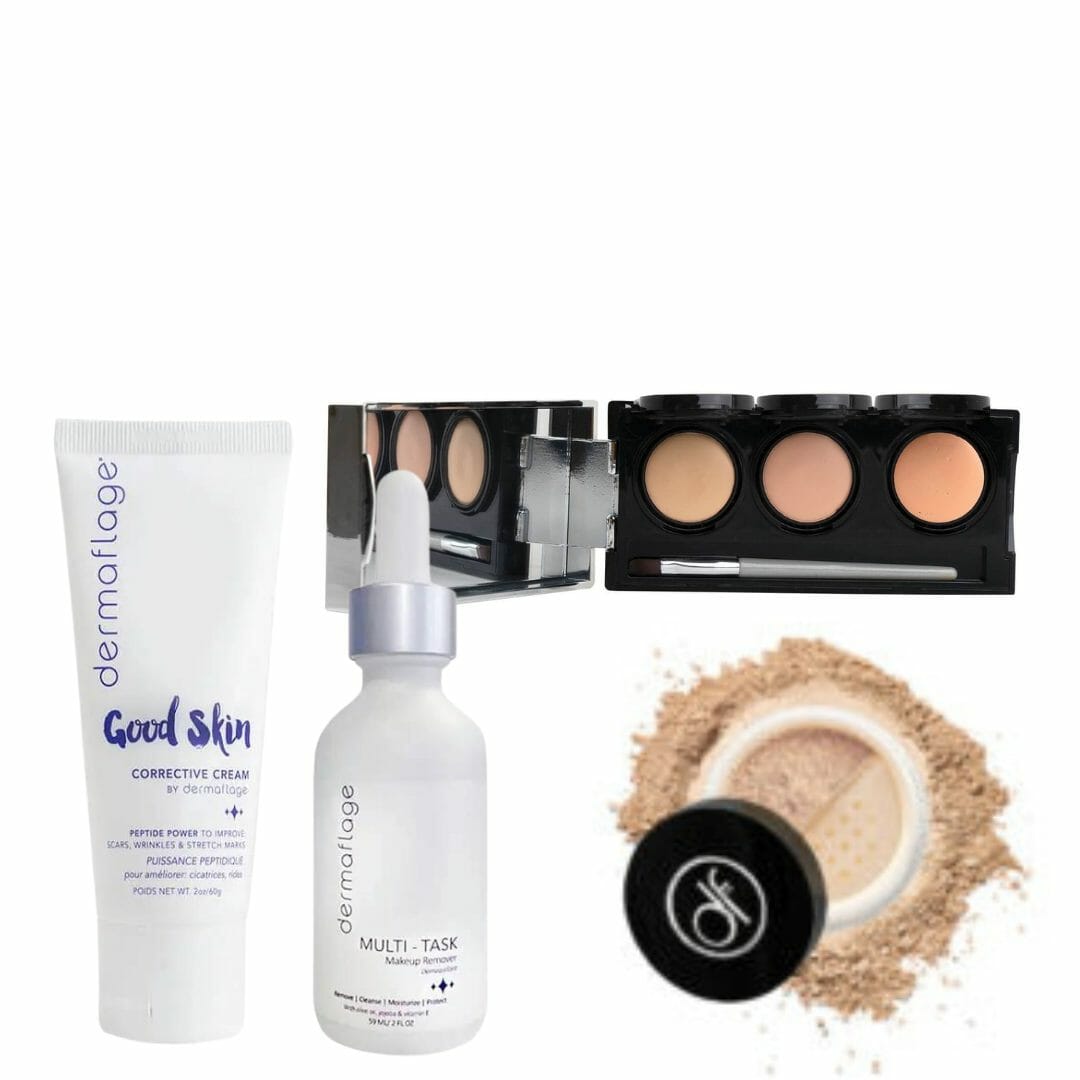
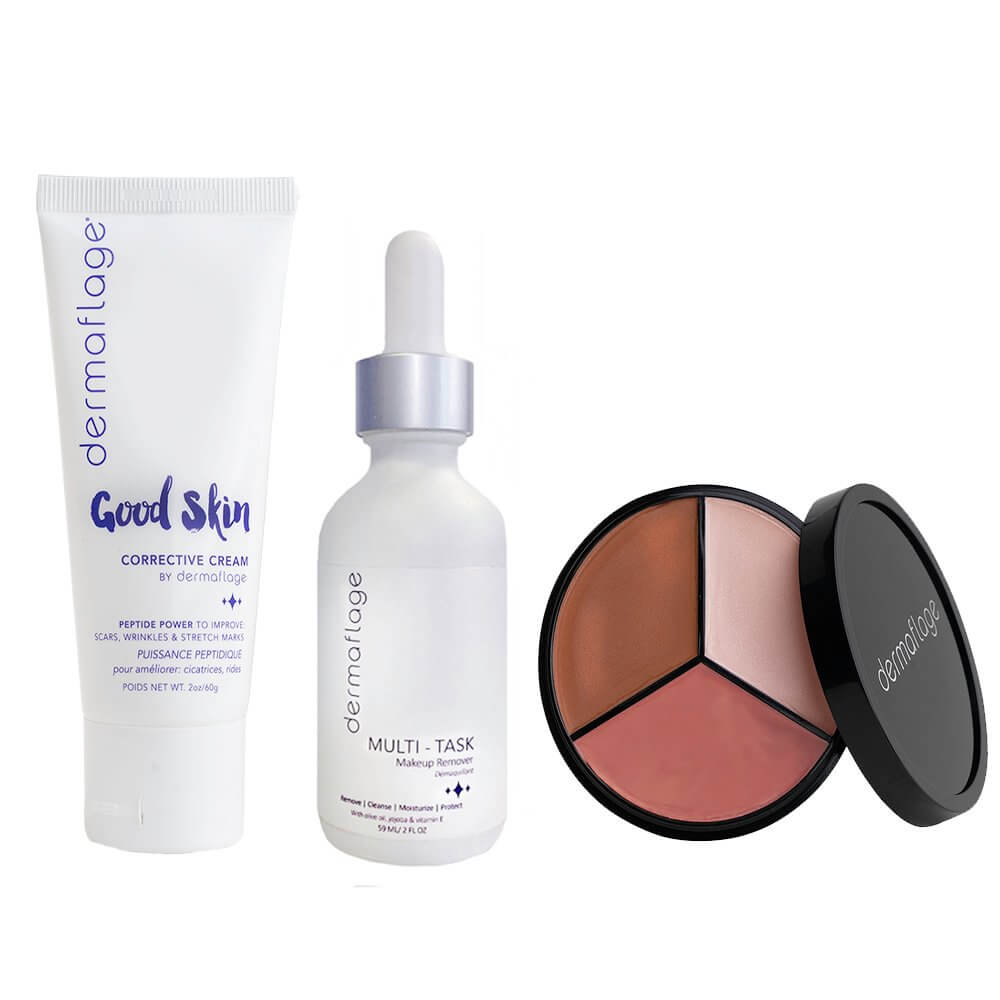
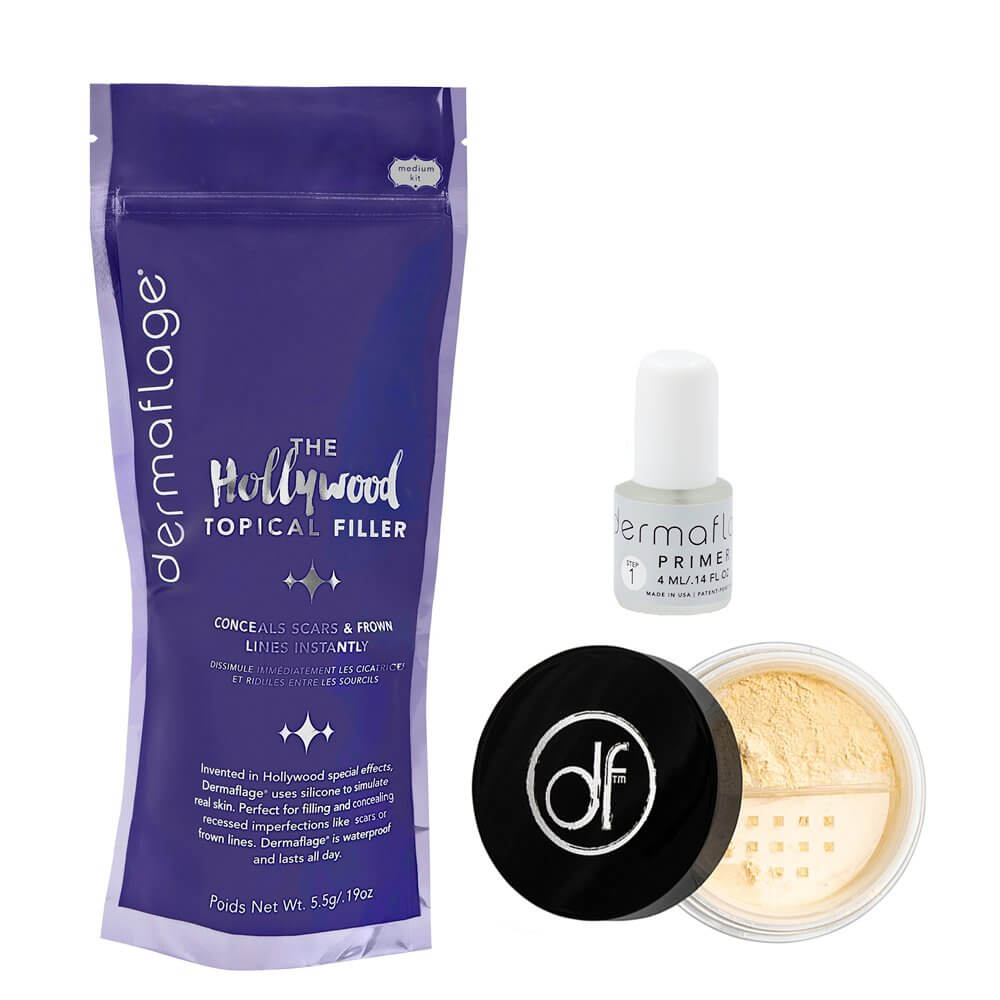
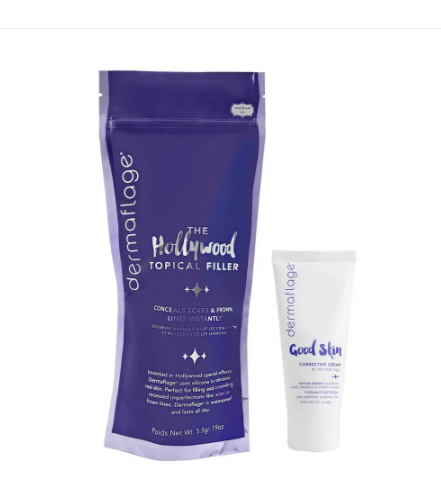


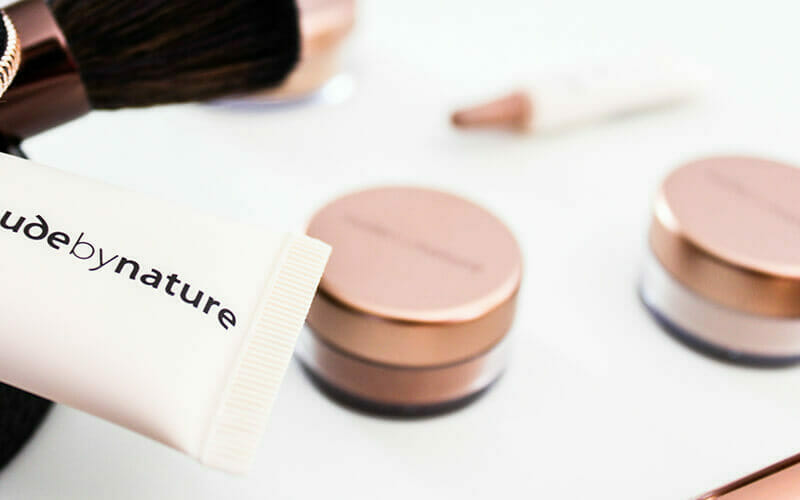




Leave a Reply
You must be logged in to post a comment.